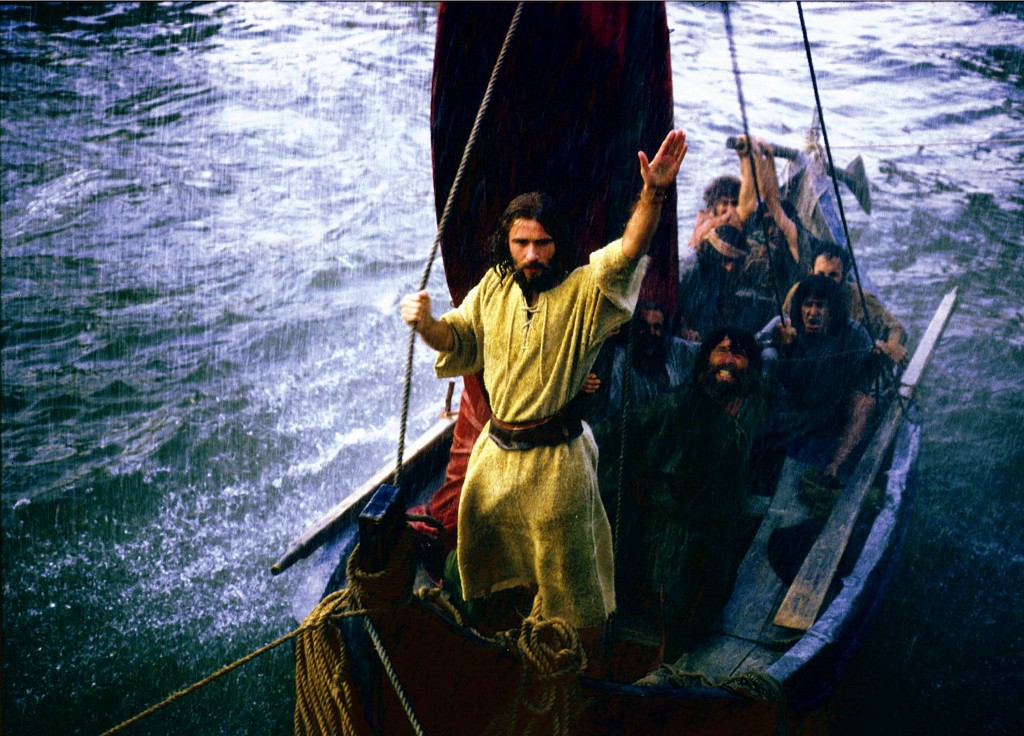 Wheaton College is probably the best known Evangelical college in the USA. And last month, Larycia Hawkins who taught political science at Wheaton, became their best known professor. She had pledged to wear a hijab during Advent in support of her Muslim neighbours. But she was suspended after she wrote on Facebook, “I stand in religious solidarity with Muslims because they, like me, a Christian, are people of the book. And as Pope Francis stated last week, we worship the same God.” “This statement is unbelievable,” tweeted Baptist blogger Denny Burk, professor of biblical studies at Boyce College in Louisville. “Really jaw-dropping.” Many others criticized Larycia. “A holy kiss to you who disavow the idea that Muslims & Christians worship the same God: I love you. Peace & respect,” Hawkins tweeted in response to her critics. She linked to her Facebook response, where she stated:
Wheaton College is probably the best known Evangelical college in the USA. And last month, Larycia Hawkins who taught political science at Wheaton, became their best known professor. She had pledged to wear a hijab during Advent in support of her Muslim neighbours. But she was suspended after she wrote on Facebook, “I stand in religious solidarity with Muslims because they, like me, a Christian, are people of the book. And as Pope Francis stated last week, we worship the same God.” “This statement is unbelievable,” tweeted Baptist blogger Denny Burk, professor of biblical studies at Boyce College in Louisville. “Really jaw-dropping.” Many others criticized Larycia. “A holy kiss to you who disavow the idea that Muslims & Christians worship the same God: I love you. Peace & respect,” Hawkins tweeted in response to her critics. She linked to her Facebook response, where she stated:
“Whether or not you find this position, one held for centuries by countless Christians (church fathers, saints, and regular Christian folk like me), to be valid, I trust that we can peacefully disagree on theological points and affirm others like the Triune God , the virgin birth and the Resurrection. Let there be unity in our diversity of views about all of the above.”
Wheaton have instituted dismissal proceedings against Larycia. Other Wheaton faculty have defended her.







